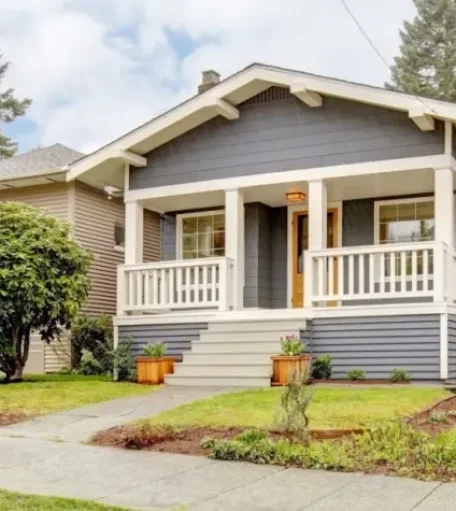Finding a home in BC as a South African expat can be challenging, whether you’re renting or buying. Here’s what you need to know:
- Renting – Learn where to find listings, understand lease agreements, and budget for upfront costs.
- Buying – Non-PRs may face the Foreign Buyers Tax unless exempt. Budget for down payments, legal fees, and ongoing costs.
- Household Income – Managing your costs wisely ensures long-term financial stability.
Introduction
Moving to British Columbia is exciting, but one of the biggest hurdles for South African expats is securing a home. The rental market is competitive, and buying comes with tax implications for non-permanent residents. BC’s housing prices—especially in Metro Vancouver—are among the highest in Canada, making budgeting and planning essential.
Whether you’re renting or buying, understanding rental agreements, tax exemptions, down payment requirements, and mortgage insurance costs can help you make smarter decisions.
This guide focuses on the BC housing market, with practical tips on finding a rental, understanding lease agreements, buying property as an immigrant, and managing household expenses.
Renting a Home in British Columbia
1. Finding a Rental Property in BC
Unlike in South Africa, where listings might be on Gumtree, in BC, you’ll find rentals through:
– Facebook Marketplace & Kijiji – Private landlord listings
– Craigslist – Popular in Vancouver but beware of scams
– Rentals.ca & Zumper – Rental search engines
– Realtor.ca – Some real estate agents handle rentals
Tip: Vancouver’s rental market is extremely competitive. Be prepared with references, proof of income, and a deposit to secure a place quickly.

2. Understanding BC Lease Agreements
Rental agreements in BC are regulated by the Residential Tenancy Act (RTA). Key things to know:
✅ Lease Term – Most leases are 12 months, with a month-to-month option after the term ends.
✅ Security Deposit – In BC, landlords can request half a month’s rent as a deposit.
✅ Fixed Rent Increases – Rent can only be increased once a year by a government-set percentage (3.5% in 2024).
✅ Utilities & Parking – Some rentals include them, but always confirm before signing.
Buying a Home in British Columbia
1. Can Immigrants Buy Property in BC?
Yes, but if you’re not a permanent resident (PR) or citizen, you may face the Foreign Buyers Ban (in effect until 2027). However, provincial nominees are exempt!
2. Foreign Buyers Tax & Exemptions in BC
If you are not a PR or citizen, expect an additional 20% Foreign Buyers Tax when purchasing property in BC. However:
✅ PRs, citizens, and work permit holders meeting residency requirements are exempt.
✅ Provincial nominees (PNP) are automatically exempt from the tax.

How We Bought a Home in BC as Newcomers
When we moved to Canada, I was on a work permit, and my husband was on a study permit. Initially, buying a home wasn’t an option because non-PRs must pay the Foreign Buyers Tax. But when I received a provincial nomination, I became exempt from the tax. However, if we bought jointly, my husband’s portion would still have been taxed due to his study permit.
We decided to wait until we both got PR before buying. The same day we received PR status, we signed for our new home! Instead of buying in Vancouver, where prices were sky-high, we chose South Surrey, where housing costs were lower.
We bought in a new development, which only required a 5% deposit, making it easier financially. To avoid CMHC mortgage insurance, we increased our down payment to 20%, saving thousands in insurance fees. We also negotiated with multiple mortgage brokers to secure the lowest interest rate.
FAQs
1. What should I consider when renting a home in BC?
Be prepared for high demand, security deposits, and rent increases. Ensure you understand your lease terms and what’s included in your rent.
2. Can I rent a home without Canadian credit history?
Yes, but some landlords may require a higher deposit or proof of income. Offering pre-paid rent can also help.
3. How do I qualify for a mortgage in BC as an expat?
Most banks require proof of income, a Canadian credit score, and a down payment of at least 5%. Shopping around with mortgage brokers can help secure better rates.





